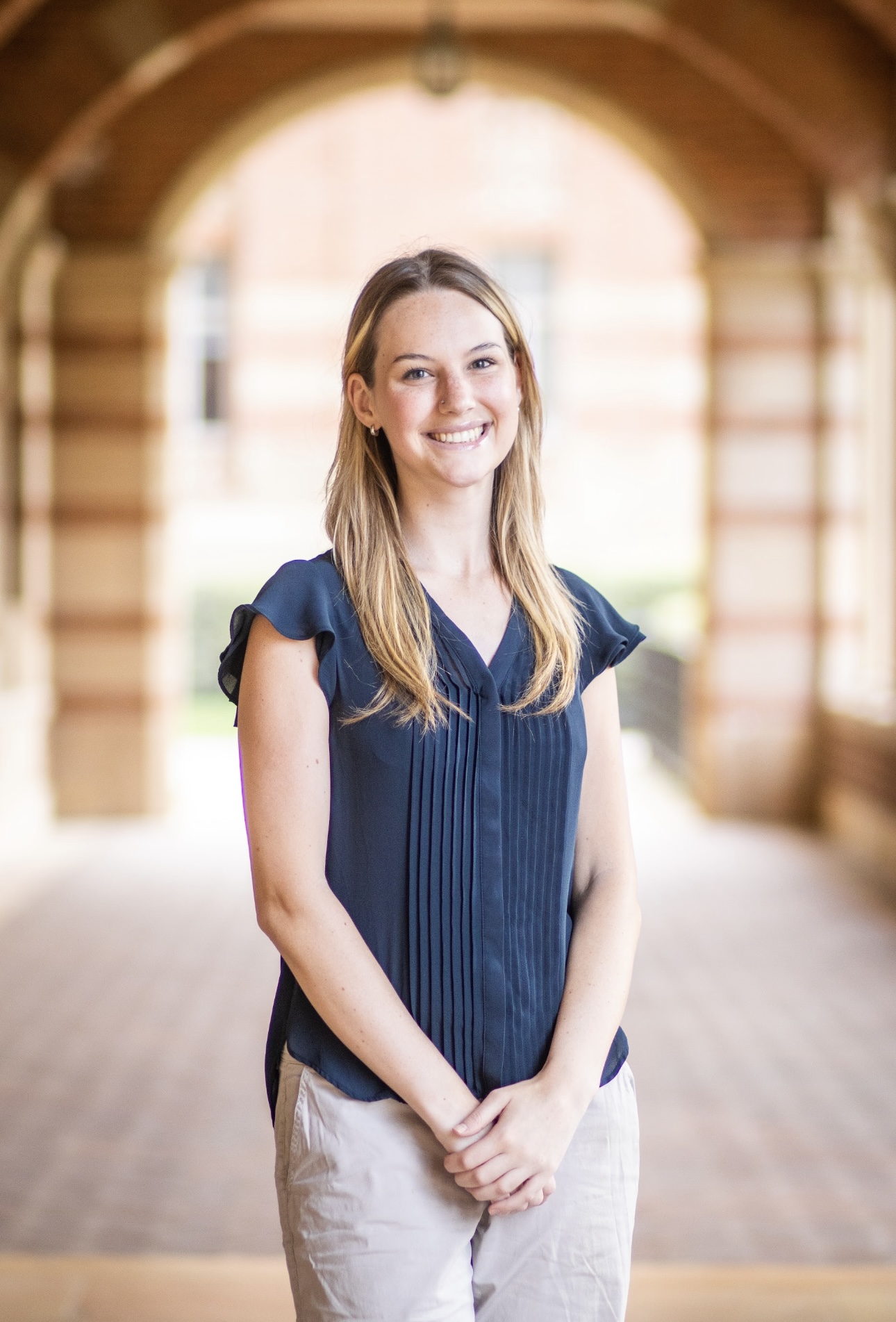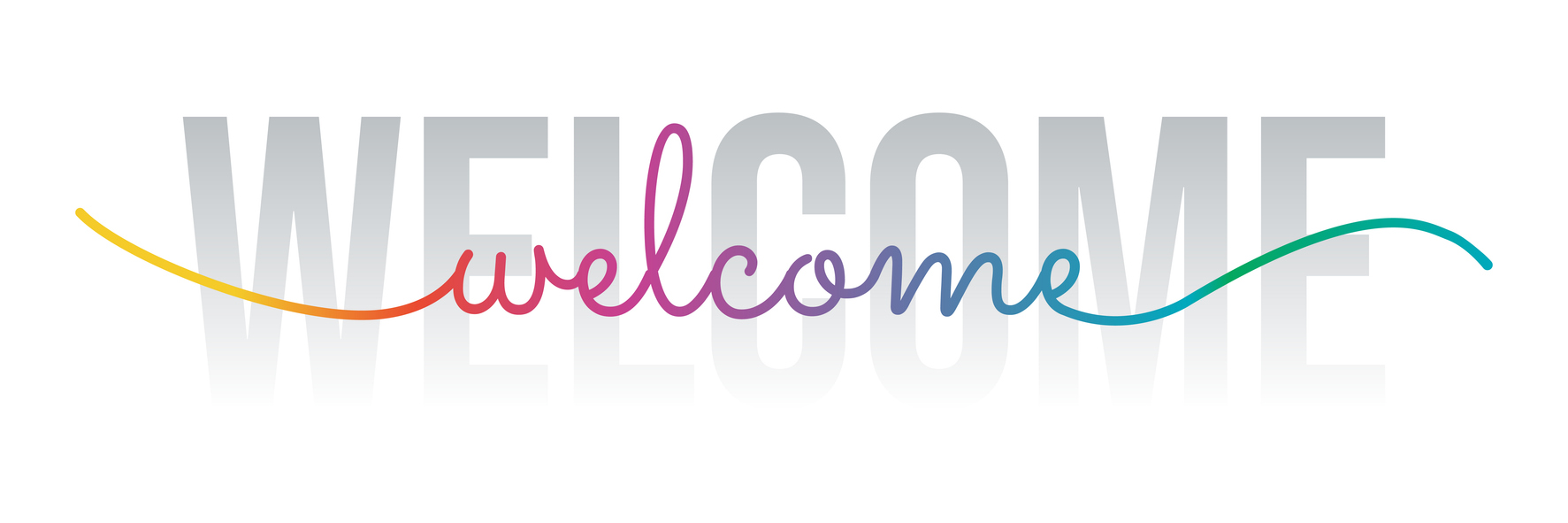|Interview by Carly Ziegler, Marketing Manager at Gale |
We are thrilled to welcome Faith Forrest, our dynamic and talented Fall 2024 intern. Faith joins us with a passion for creativity and a drive for excellence, bringing fresh perspectives and innovative ideas to our team. This season, Faith will be diving into a research project using Gale Digital Scholar Lab, with plans to submit her findings to the Gale Research Showcase. In addition, she will be creating engaging social media content for X and LinkedIn, writing insightful blog posts that explore the Gale Primary Sources archives, and organizing an exciting on-campus event at UCLA.
Stay tuned as Faith contributes to our projects and helps us reach new heights!
1. What motivated you to apply for an internship at Gale, and what do you hope to achieve during your time with us?
Lying at the intersection of education, research, and publishing, all underneath a digital umbrella, Gale’s internship application immediately caught my eye. My current research as an English student at UCLA is on early 20th-century autobiographies written by women in the American West, particularly how their gender identity and connection to nature contribute to the grander scheme of American regionalism. Determining how primary sources were first originally published and their contemporary audience reactions is reliant on those three elements of education, research, and publishing—all of which are at the heart of my academic career. I hope to spend hours in the archives doing the same rediscovering I’ve done with my own research, and perhaps find something new!
2. What are your initial thoughts on how archives and digital resources can impact education, and what do you look forward to learning more about?
I’ve found that, as is the case for many other underrepresented groups in literature, it isn’t easy to find digitized primary sources of older feminist works. That’s why Gale’s work is so important for educators, students, and all learners. Many of Gale’s archives contain never-before digitized copies of manuscripts, monographs, and more that simultaneously help researchers explore niche interests and uplift rediscovered voices. The power of digitization has intersected with archival preservation; students no longer have to travel across the world to the only library that houses the primary material they are looking for because they can access it at their fingertips. I look forward to learning more about the partnerships between Gale, archives, and school libraries, and seeing the unique ways in which the plethora of resources Gale offers is used by students.
3. What aspect of working with historical archives excites you the most, and why?
Historical archives can be engaged with not just as something that contains written or illustrated information, but also as a testament to the time and people it comes from. Made by humans, for humans, archives show us how far we have come and what we have overcome to get here.
They show us the building blocks of our current society. What excites me the most about these artifacts is that they could very well not exist. The fact that they do, though, showcases the passion and fervor for discovery that researchers have always been motivated by. The potential impermanence of paper is countered by an innately human will to preserve and learn, and that really inspires me.
4. How do you think Gale Digital Scholar Lab can enhance academic research, and what specific features are you eager to explore?
I recently had a meeting with two Gale employees who walked me through just a few select archives, and now my mind is bursting with ideas I want to explore! I am very passionate about early 20th-century feminist literature, especially those that come in the forms of nonfiction and autobiography. American regionalism in literature intersects quite fascinatingly with this interest of mine, and Gale’s American Antiquarian Society and American Fiction (1774-1920) collections seem rich in resources to pursue this. I was also briefly introduced to the data mining tools Gale Digital Scholar Lab has to offer. I would love to use them to trace the language in Mary MacLane’s books and diaries published in Montana, versus her newspaper publications published on the East Coast. How did audience reactions differ based on her location and publisher? Does her writing style reflect themes of neo-romanticism or realism based on where she goes? How did these regional influences manifest in women’s later publications? The opportunities are endless!
5. How do you think social media can be used to engage students and educators with our digital resources?
Social media can help take the accessibility of digital resources to the next step. Engaging with social media platforms thoughtfully and creatively can effectively communicate Gale’s digital resources without a user having to attend a workshop or a seminar. Other users’ experiences using Gale’s resources, and any tips and tricks that came out of their experiences, can also be broadcasted to a heightened degree. In doing so, a sense of community is fostered around the product while in turn providing a more accessible approach to help and guidance. I have found that the Gale Ambassadors’ X page is a wonderful example of this.
6. What are some initial ideas you have for presenting archival materials in a creative and engaging way on social media?
I definitely want to incorporate illustrations from archives like the Liberty Magazine Historical Archive (1924-1950) into my social media content. Using such resources as backgrounds and embellishments for posts can help cultivate a specific theme in a creative way, as well as provide viewers with a glance at what can be found within the archives. In terms of presenting the tools used to present the archival tutorials, I plan on creating animated infographics via Canva showing the viewer where archives are located, how to navigate them, and helpful tools within the database.
7. What are your thoughts on organizing on-campus events, and what types of events do you think would effectively showcase Gale’s digital resources?
On-campus events allow students to reach their peers in a personal and productive manner. Having an in-person representative who is available to answer any questions from students wanting to learn about Gale face-to-face is immensely helpful, especially when that representative is also a student. It also is a great way to familiarize professors with a resource like Gale that they can introduce to their students. The target audiences I aim to reach are thesis writers, digital humanities students, and English majors. Something that seems easy in research, but I find difficult, is keeping my sources organized. Because Gale Digital Scholar Lab offers research tools like topic modeling that can aid student researchers in accessing, organizing, and analyzing data—all in one place—managing sources can become that much easier. As an English major writing my honors thesis right now, I would have loved to know about the Lab’s resources during the first steps of my research. Once I am more familiar with all the tools Gale has to offer, I know hosting a demonstrative workshop where I guide my peers through the archives and Gale Digital Scholar Lab will be incredibly fulfilling!
8. Are there specific historical periods, events, or themes that you are particularly passionate about and would like to explore as potential blog topics?
Topics that I came into the internship interested in are 20th-century feminist American literature and British children’s literature during the Victorian period. The former I could talk about for ages, but the latter I would love to learn more about—specifically, themes of Christianity and morality in Oscar Wilde’s short stories. More generally, I am interested in literary realism, gender studies, and the history of censorship in the publishing industry.
9. What current trends in education technology are you familiar with, and how do you think Gale can incorporate these trends into our offerings?
To be honest, the online databases that I use for school are the extent of my knowledge of education technology. What I have learned at Gale is one of my first introductions to the world of EdTech, and I’m eager to learn about how Gale fits into it!
10. What specific skills or knowledge do you hope to gain from this internship, particularly in relation to archives, research, social media content creation, and event planning?
I hope to learn more about the world of digital humanities. It’s a topic I’ve heard a lot about, but haven’t gotten the chance to really develop any applicable skills in. Applying digital methods to fields like literature and history opens up so many doors to potential research topics and new discoveries, as well as making existing research projects a lot easier to dive into. Gale Digital Scholar Lab’s analytic tools seem like a good start to this, and I am definitely excited to build my skills in its topic modeling and Ngram tools. In terms of social media creation, I’m familiar with managing creative informal content for school clubs and organizations, so I hope to hone these skills in a professional corporate setting.

About the Author
Faith is a senior at the University of California, Los Angeles where she double majors in English and political science. In her free time, you can find her managing her school’s farmers market, scrapbooking, or playing pickleball with her friends!


